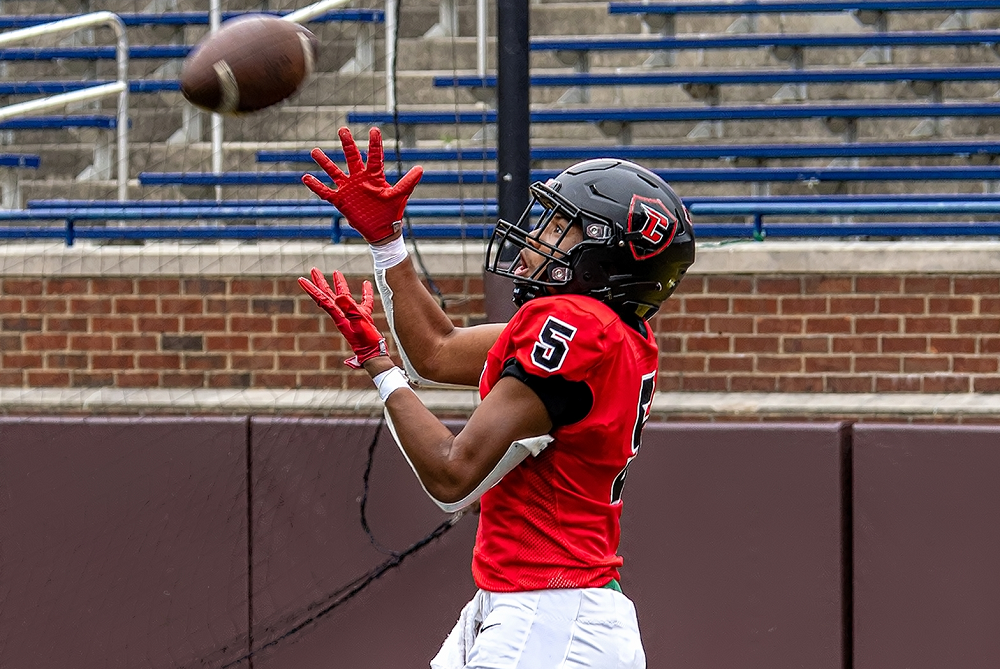
Be the Referee: 40-Second Play Clock
August 30, 2018
In this week's edition, assistant director Brent Rice explains how Michigan is continuing to experiment with a 40-second play clock in football.
Be The Referee is a series of short messages designed to help educate people on the rules of different sports, to help them better understand the art of officiating, and to recruit officials.
Below is this week's segment – 40-Second Play Clock - Listen
There’s an experiment taking place on a number of high school football fields across the state again this year. Michigan is experimenting with a 40-second play clock in football.
This is designed to provide more consistency from play to play as the ball must be snapped 40 seconds after the end of the previous play and is not dependent on the referee’s subjective signal.
When play is continuing without a stoppage, the 40-second play clock will be used. If play has been stopped for a time out or penalty, the play clock will be set at 25 seconds.
After two seasons, the feedback received from coaches and officials has been very positive, and there’s a possibility the Michigan experiment may become a new national playing rule soon.
Past editions
August 23: Football Rules Changes - Listen

Be the Referee: Football Rules Differences
By
Sam Davis
MHSAA Director of Officials
August 23, 2023
Be The Referee is a series of short messages designed to help educate people on the rules of different sports, to help them better understand the art of officiating, and to recruit officials.
Below is this week's segment – Football Rules Differences - Listen
The first week of the high school football season is always exciting … and sometimes confusing. Here are some – not all – differences between the high school game and what you see on Saturdays and Sundays.
In high school, there is no such thing as an uncatchable ball when judging pass interference. It is a penalty if there is illegal contact, whether the ball is catchable or not.
In overtime, high school teams start with the ball at the 10-year line – not the 25 like in college. And in high school overtime, you are only able to get a first down via penalty. And, at no time is a high school team required to go for two points.
And on extra point plays, if the defense gains possession, the try is over. The defense cannot return the ball for two points.

